In 1909, Berlin-based AGFA (stock corporation for aniline fabrication) decided to expand their production capacities. On July 24, 1909, they were granted permission to erect a film factory in Wolfen..
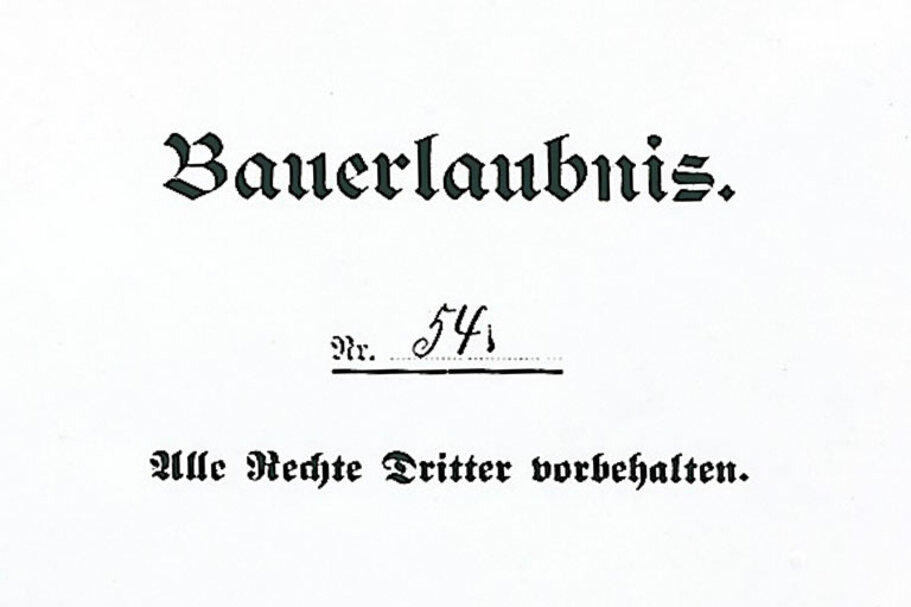
On July 19th, 1910, the Wolfen film factory was permitted to start production. Throughout the 1920’s and 30’s, the main product was Kine positive film. From there, the factory continuously expanded both in capacity and in product range.
In 1936, Agfa Wolfen presented the new Agfacolor film to the public. This was a milestone in the history of photography.
Agfacolor was first ever multi-layer color film, and received the "Grand Prix" at the Paris World Exposition in 1937. This principle is still at the core of color film production to this day.
The film factory was also successful in other areas: with the PeCe fibre, the first ever fully synthetic fibre was produced in Wolfen in 1934.
In 1945, the end of the Second World War did not arrive without an effect on the production site. Both the Americans and the Russians uncovered production secrets, caused extensive factory disassembly and withdrew a large number of specialists.
On the last day of 1953, Agfa Wolfen was returned to the GDR by the USSR as one of the last reparations companies. At this time the company shared the trademark with Agfa Leverkusen.
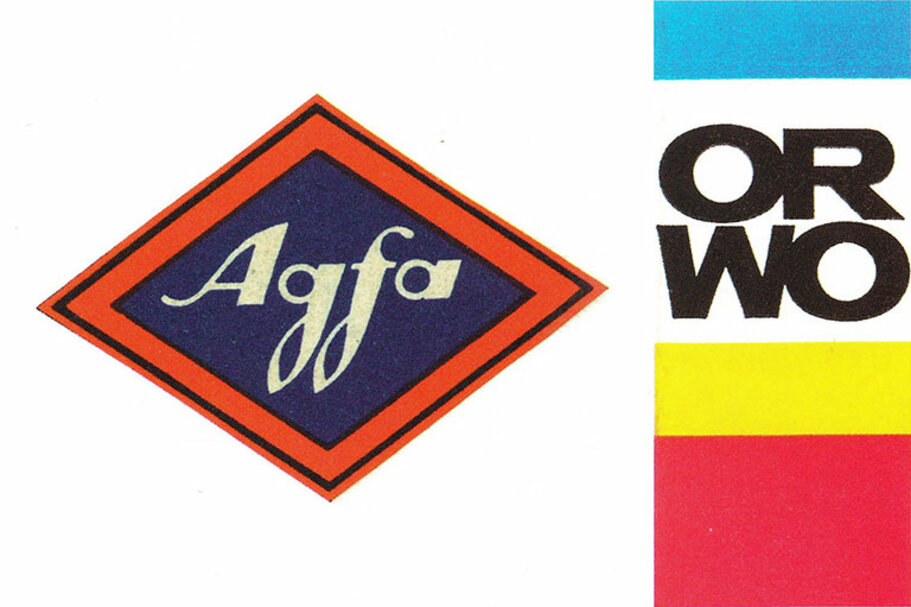
A political decision of the GDR government took place in 1964: the film factory sold its trademark rights to the "sister company" in the FRG and changed its global name to ORWO (ORiginal WOlfen).
The new label`s market launch was the largest advertising campaign that the GDR had ever done in business abroad. Due to economic and political requirements, ORWO focused more and more on customers in the Eastern bloc, especially the USSR. This meant a constant demand for products, but also increased the scientific-technical distance from the leading producers in the western world.
In 1970, the now-new Kombinat also began developing and producing other information recording materials, such as magnetic, video and computer tapes.;
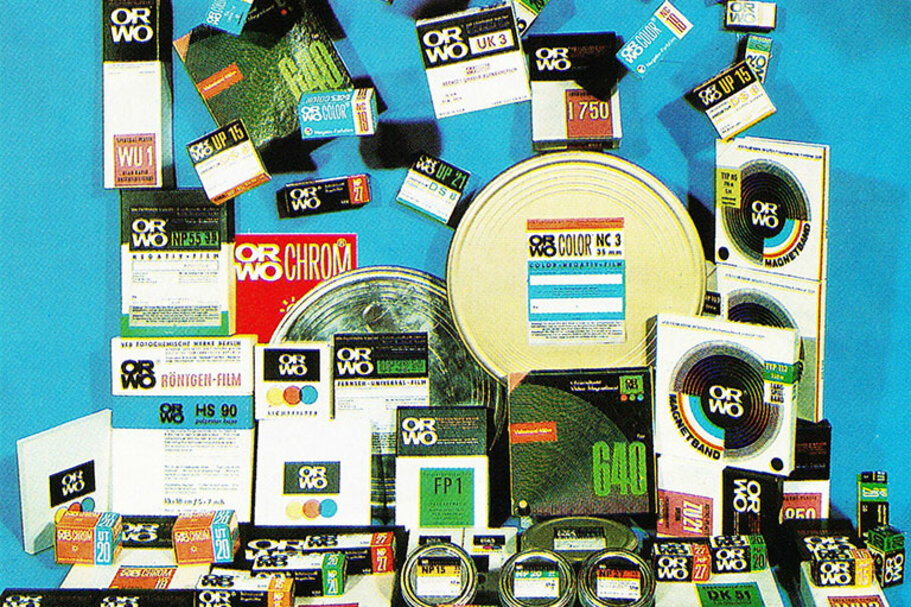
In 1989, a total of 14,500 employees were employed at the Wolfen site, encompassing an area of 165 hectares. They produced 40 million square meters of base material, of which 50 percent was processed to raw film.
There were 2,500 assemblies, producing a total of 200 different film types. The production height of magnetic recording materials was 2 million square meters, and in the chemical fibre sector, around 100,000 tons of various pulp, viscose products and special products were delivered.
In 1990, the company was transformed into ORWO AG (stock corporation).
In 1994 the Treuhand decided to liquidate the film factory. This meant the end of the production of films in Wolfen.
In 1995, Berlin-based photo merchant Heinrich Mandermann joined ORWO, and on April 1, 1996, ORWO films were put back on the market. However, they were no longer produced locally, merely assembled.
In 1999 Lintec Computer AG, listed on the New Market, takes over the corporate assets. PixelNet AG and ORWO Media GmbH are founded for this purpose, and the existing large laboratory gets technically prepared for digital photography.
![[Translate to Englisch:] Übernahme des Fotogroßlabors durch Dr. Gerhard Köhler an der Spitze einer Investorengruppe [Translate to Englisch:] Übernahme des Fotogroßlabors durch Dr. Gerhard Köhler an der Spitze einer Investorengruppe](https://www.orwonet.de/fileadmin/_processed_/2/c/csm_09UEbernahme_1ebdfd59c5.jpg)
An East German investor group headed by Dr. Gerhard Köhler took over the photo laboratory from the insolvency administration as part of an overall restructuring.
On 04.11.2002, ORWO Net GmbH wasentered in the commercial register. This time, timing was perfect, as the modern laboratory could grow into the "age of digital photography”. As a result, ORWO Net generated double-digit sales increases over several years, and the number of employees increased tenfold to over 300.
![[Translate to Englisch:] Foto Quelle [Translate to Englisch:] Foto Quelle](https://www.orwonet.de/fileadmin/_processed_/8/4/csm_13Logo-Fotoquelle_2336a92994.jpg)
ORWO Net acquired the assets of the then insolvent FotoQuelle GmbH, which had been a client since 2005.
![[Translate to Englisch:] Im Jahr 2018 übernimmt ORWO Net das Onlinegeschäft von photodose [Translate to Englisch:] Im Jahr 2018 übernimmt ORWO Net das Onlinegeschäft von photodose](https://www.orwonet.de/fileadmin/_processed_/d/a/csm_14Logo-Photodose_7cfaed1e91.jpg)
ORWO Net acquired the ORWO Net acquired the online shop of the traditional brand Photo Dose.
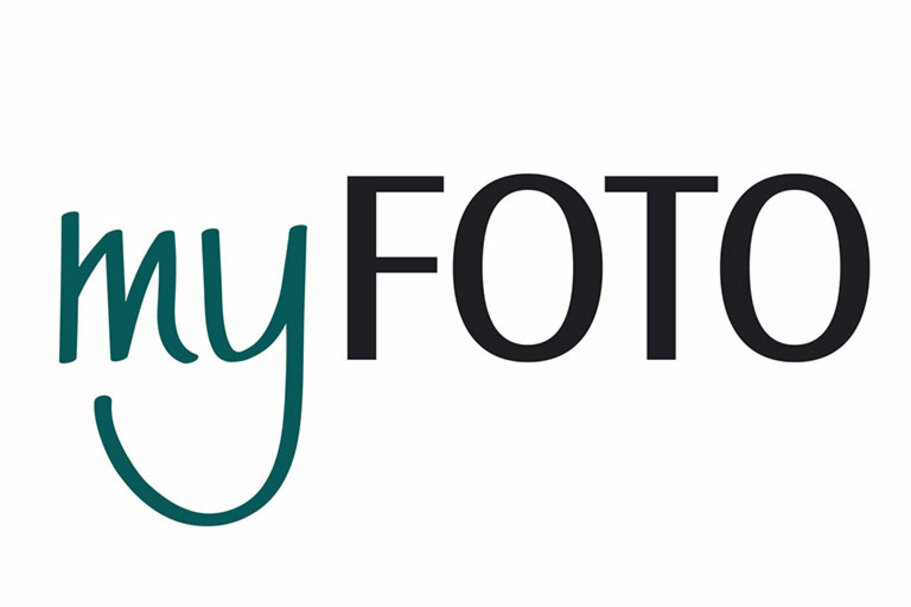
In 2020, the "old" own brand myFOTO shone in a new light. It was given a completely new and modern web presence and was also be ideally suited for mobile use.
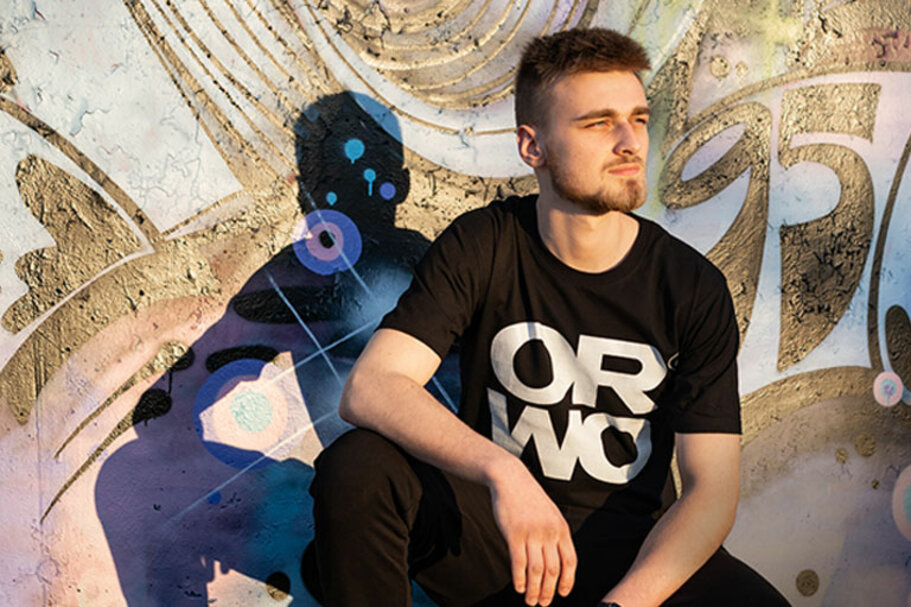
Since June 2022, everyone can now become part of the ORWO family. With statement shirts, hoodies, sweat jackets, sweatpants and shopping bags, a little ORWO spirit can once again be spread around the world with the iconic ORWO logo.
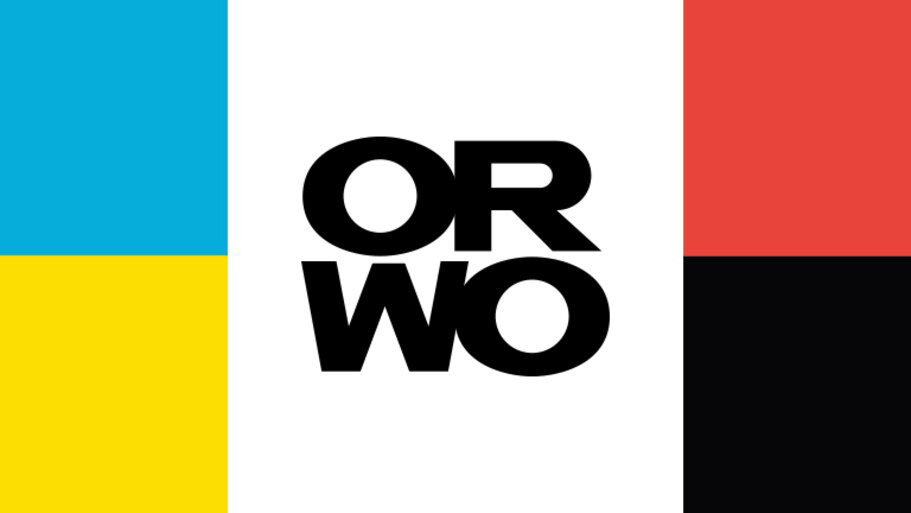
Since July 2023, it's colorful, retro and photo-crazy again.
The PixelNet, Foto Quelle and myFOTO brands were merged to form the traditional ORWO brand.
ORWO Net is currently pursuing three major sales approaches: direct consumer business through its own brands ORWO and Photo Dose, and a white label full-service partnership through the Wolfen based company, which produces for major customers such as drugstore chains and well-known trade brands, supplying their end customers both nationally and in selected European countries. ORWO Net is also active in the B2B sector as a producer for well-known companies.
Using market-leading manufacturing technologies, customised photo calendars, photo books, photo prints, posters, cards, wall decorations and numerous innovative printing and engraving products for the gift and decoration sector are produced.
Currently, ORWO Net is one of the largest German photo finish and printing companies and it continues to expand.